Expert AI-Powered
Drive Your Growth
Transform Your Vision into Reality with Innovative Digital Solutions. Let's Build Your Success Together
Trusted Brands. Proven Results.
Trusted by diverse clients, we deliver impactful strategies that foster growth and lasting relationships.
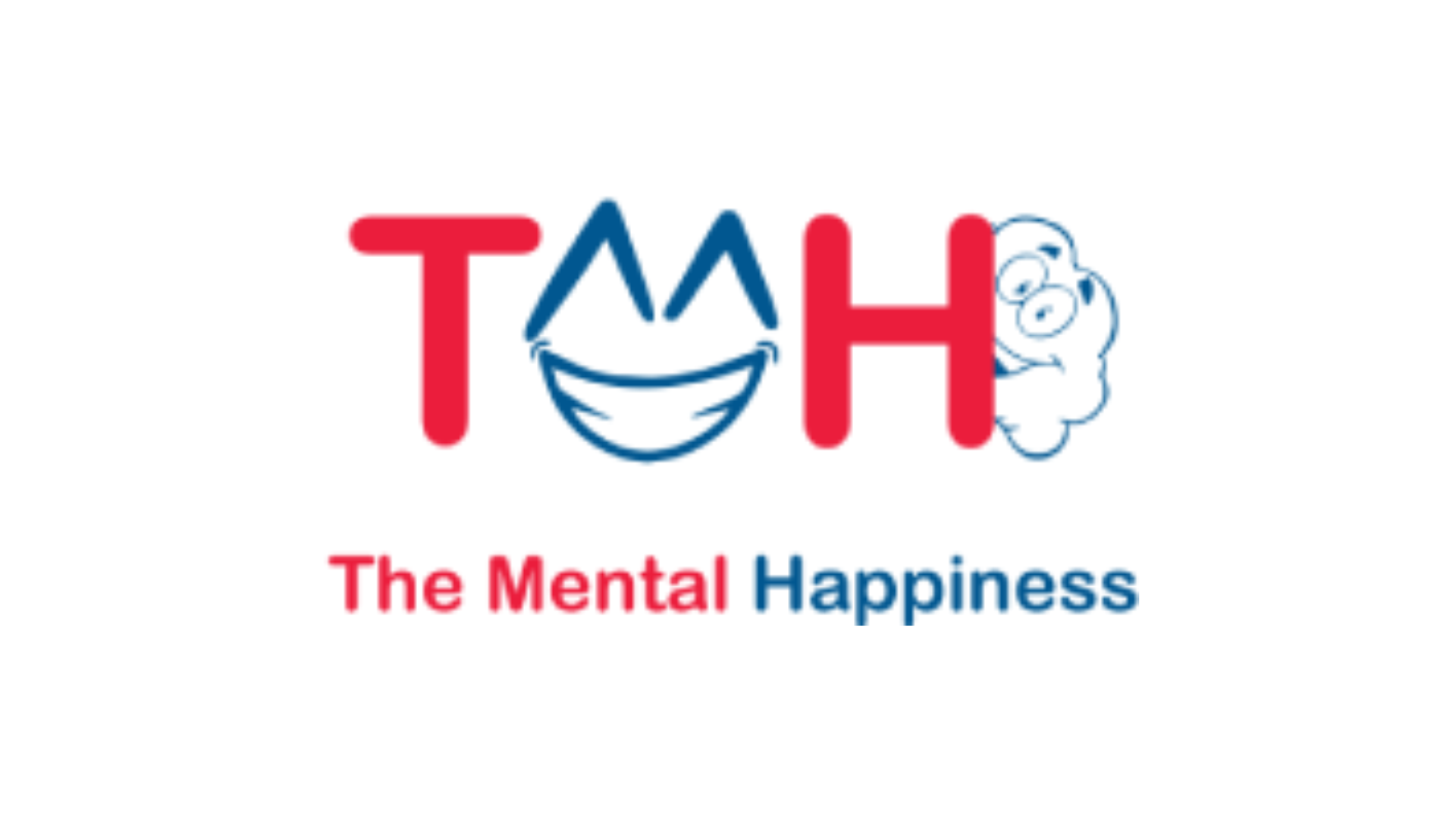
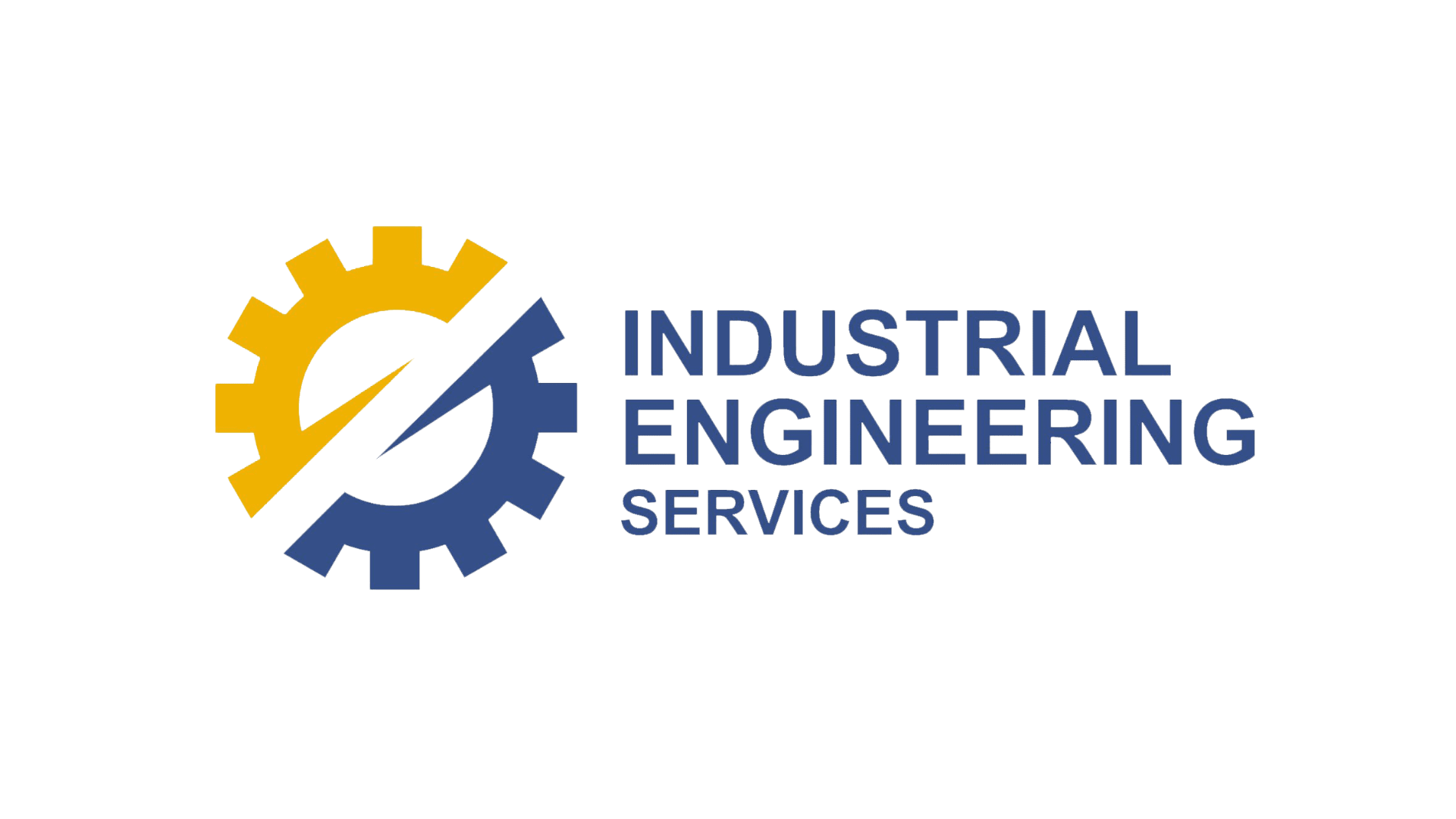

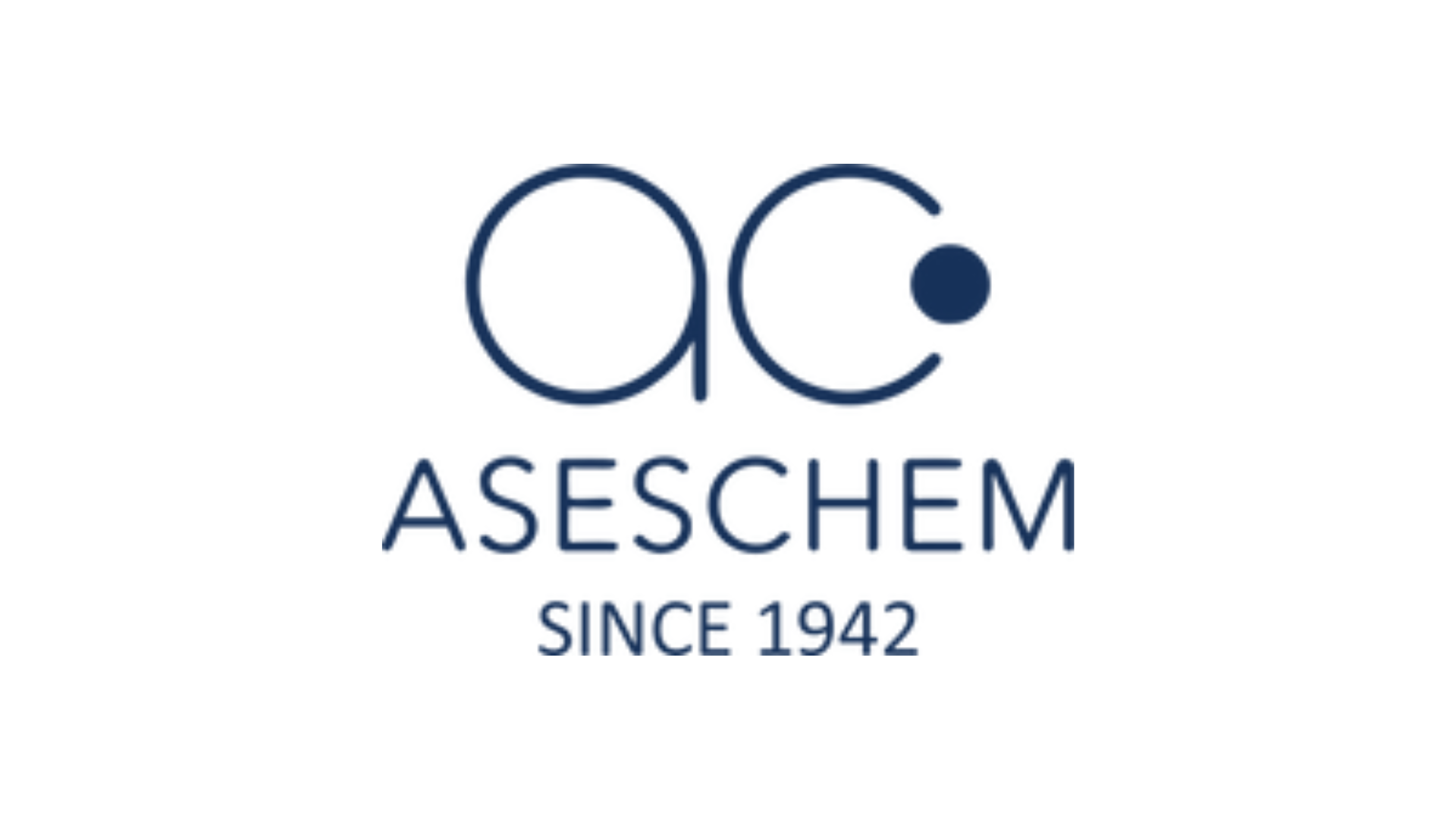


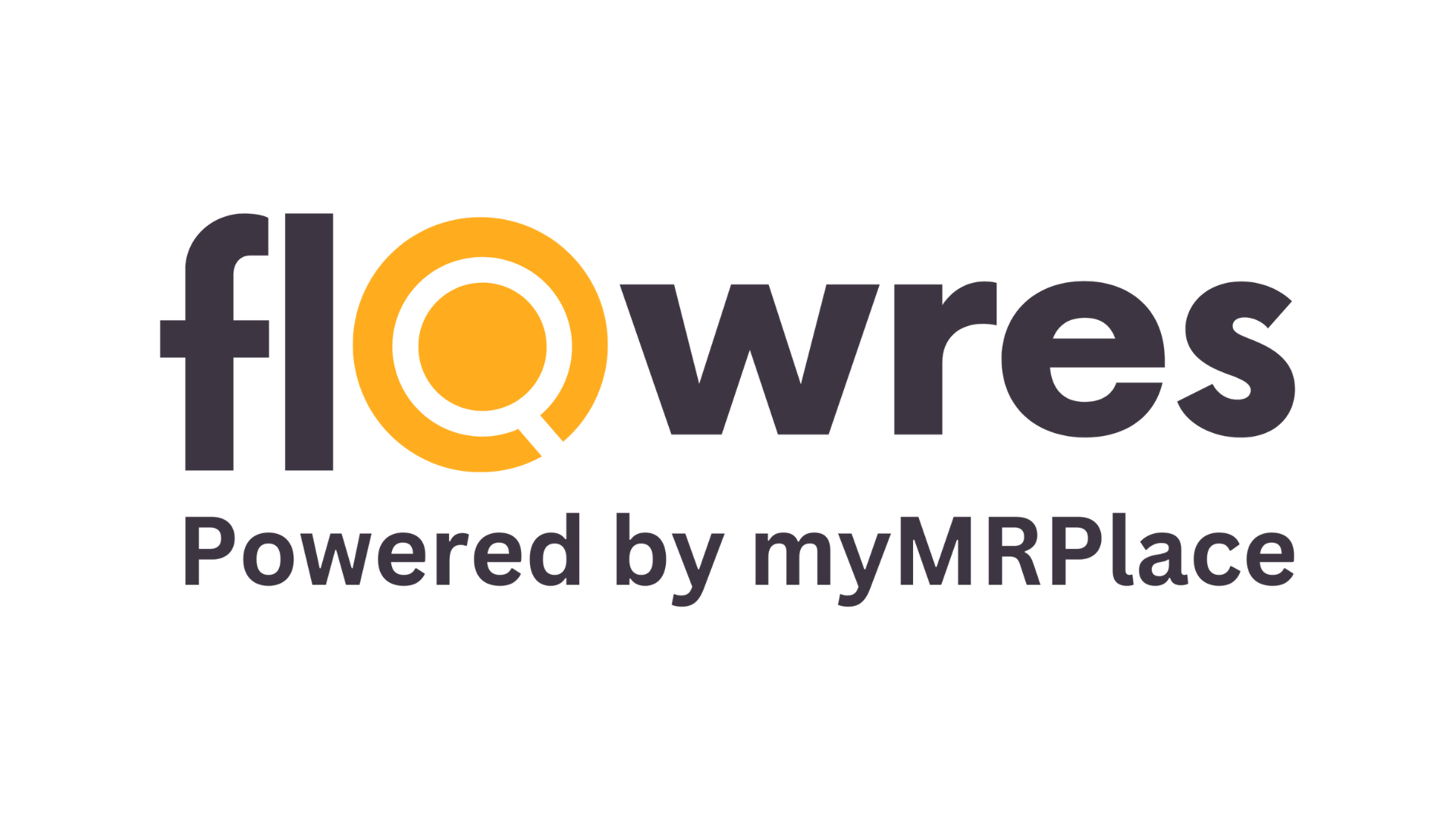

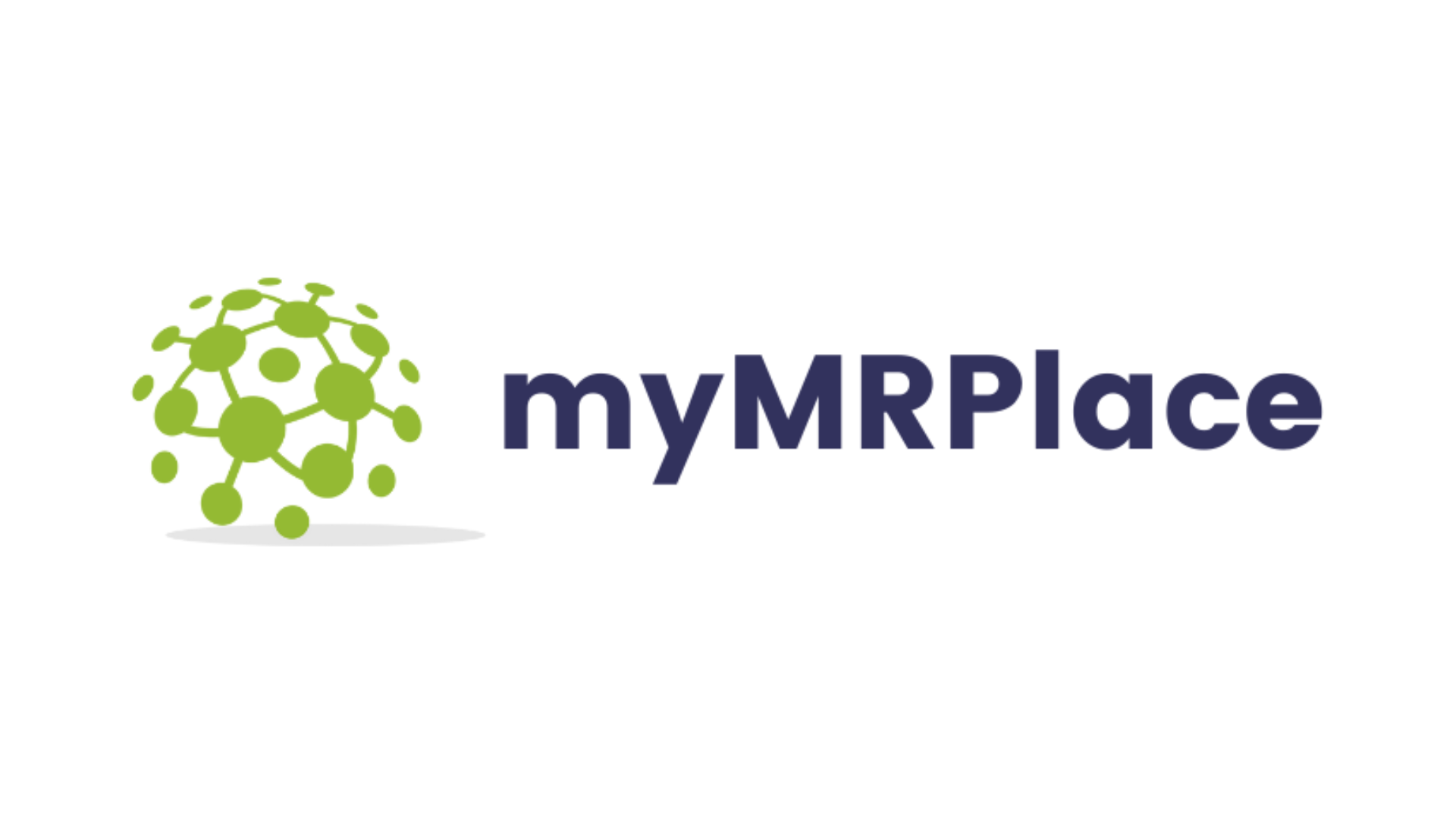

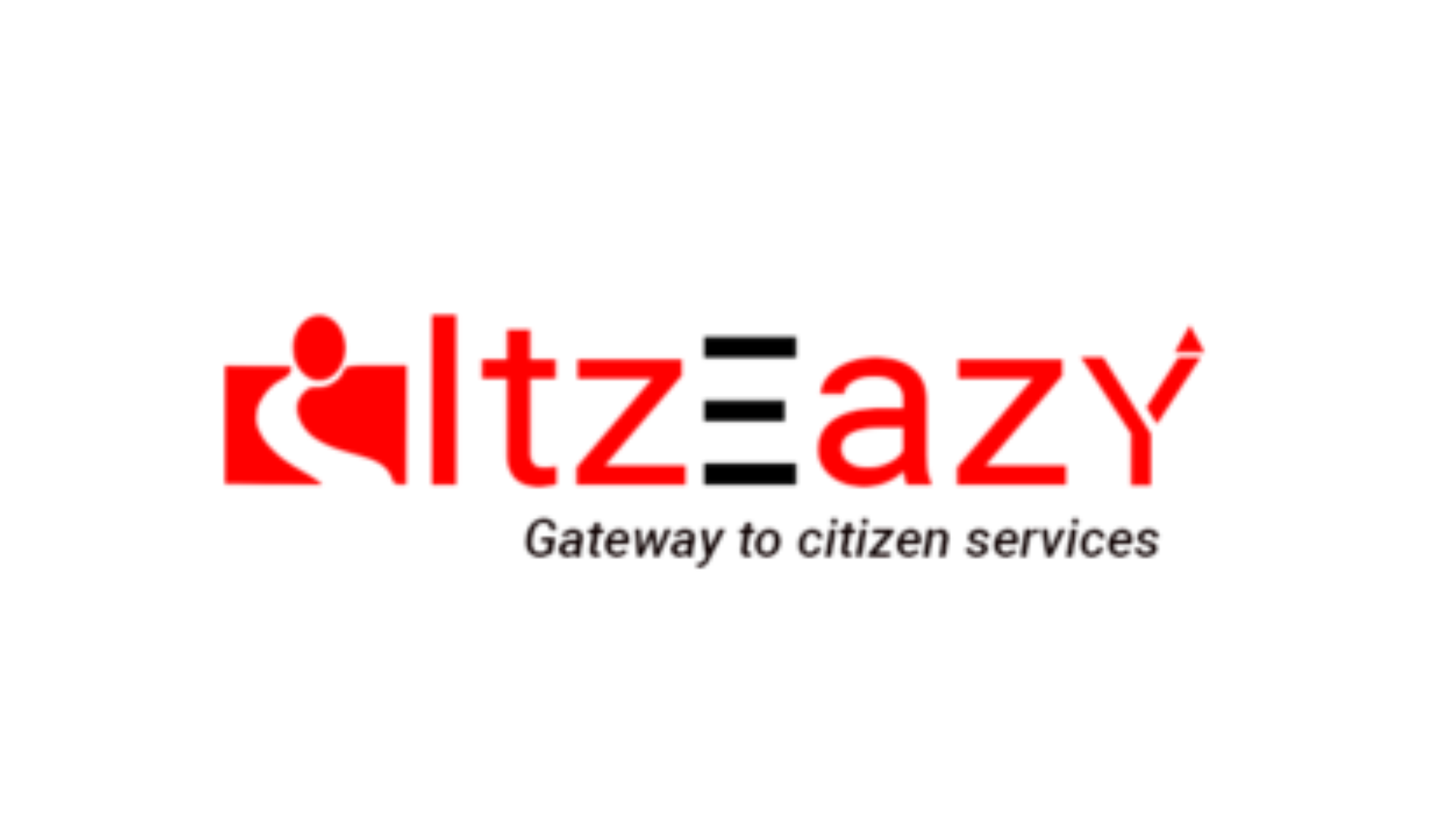













Ready to join our successful client family?
Trusted by 140,000+ Users Worldwide
Join thousands of successful businesses who have transformed their digital presence with our proven strategies.
Certified Partners & Trusted By
Industry Recognition & Awards
Our commitment to excellence has been recognized by leading industry organizations and review platforms.
Top SEO Agency 2024
Recognized by Digital Marketing Institute
5-Star Rating
Average across all review platforms
Fast Growing Company
Inc. 5000 List Honoree
Ready to Join Our Success Stories?
Get a free SEO audit and discover how we can help you achieve similar results.
* OUR SERVICES
Our digital services to grow your brand
Fuel your brand's growth with tailored digital solutions that inspire, innovate, and deliver results.
Creative Strategy
Unlock your creative potential with NSP's Creative Strategy. Our innovative approach will help you develop unique and effective strategies to make your brand stand out from the competition.
Digital Solution
Experience the ultimate digital solution with NSP. Our professional team is dedicated to providing top-notch digital services that will take your business to new heights.
Analysis & Report
NSP is your go-to solution for professional analysis and reporting. With our cutting-edge tools and expertise, we provide comprehensive insights and detailed reports that will help you make informed decisions for your business.
Our Digital Marketing Services to grow your brand
+60%
Boost in Organic Rankings
+30%
Month-on-Month Traffic Growth
HOW IT WORK
Our Trusted Method for Delivering Results
Our trusted approach blends in-depth research, strategic planning, and creative execution to craft personalized solutions designed to achieve impactful, measurable outcomes.
Discovery Phase
We research your brand, goals, and audience, conduct market analysis, and craft a strategy tailored to your success.
Implementation
Executing strategies using advanced tools, we create, optimize, and monitor campaigns, ensuring seamless delivery and measurable results.
Collaboration
Open communication and feedback drive our partnership, with transparent updates and refinement to align with your evolving needs.
HOW IT WORK
From Strategy to Success: Crafting Impactful Results
Our portfolio showcases diverse achievements across industries like retail, healthcare, technology, and finance.
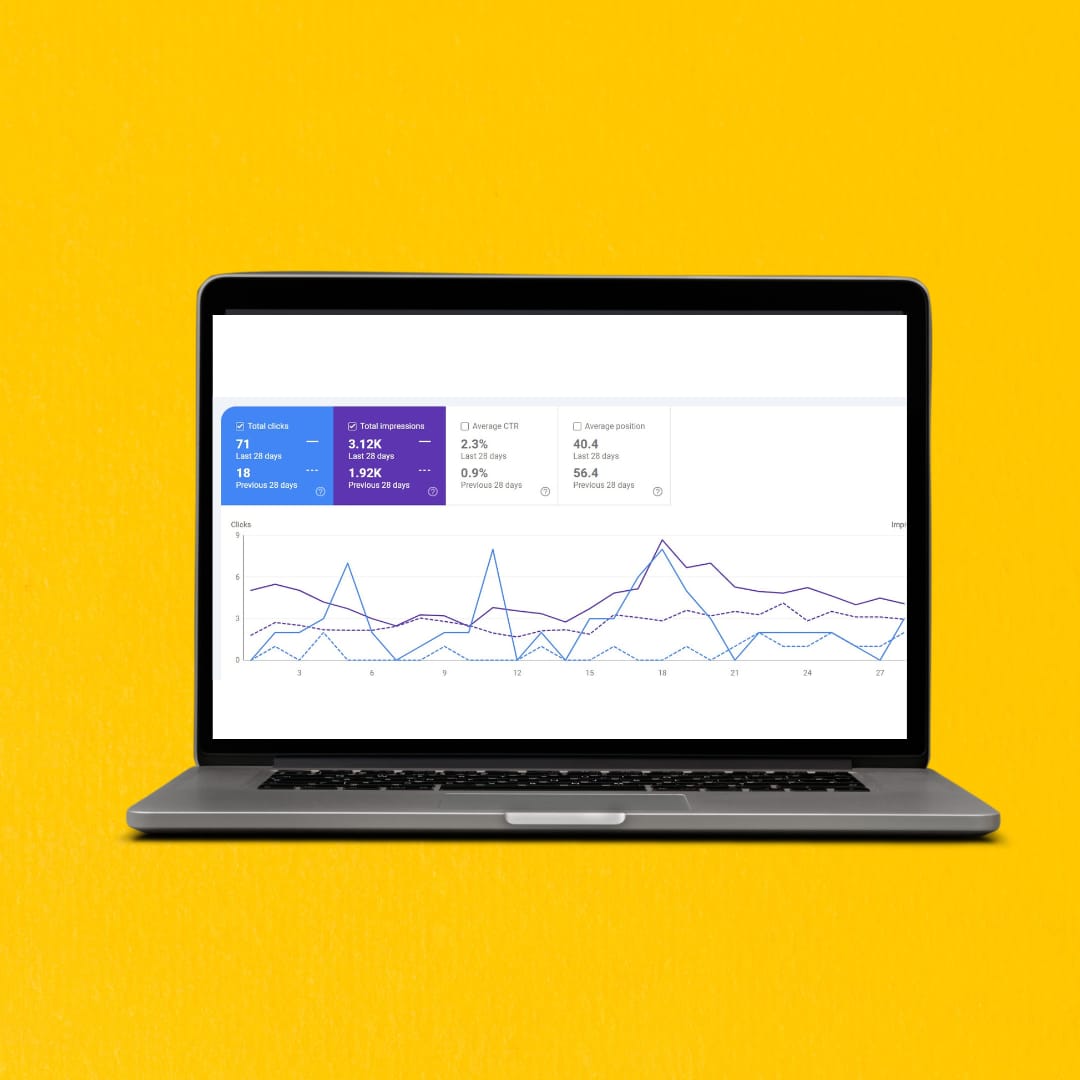
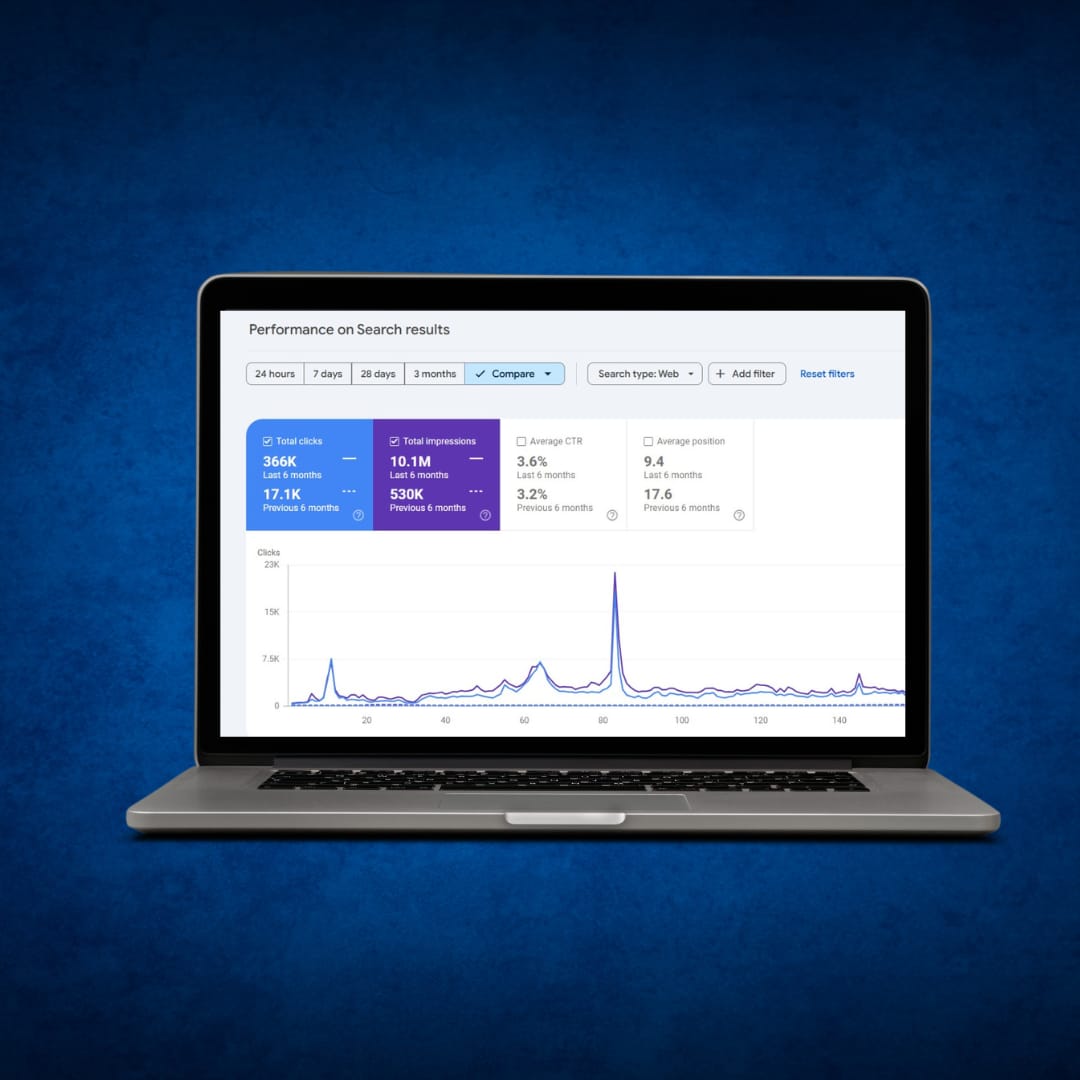
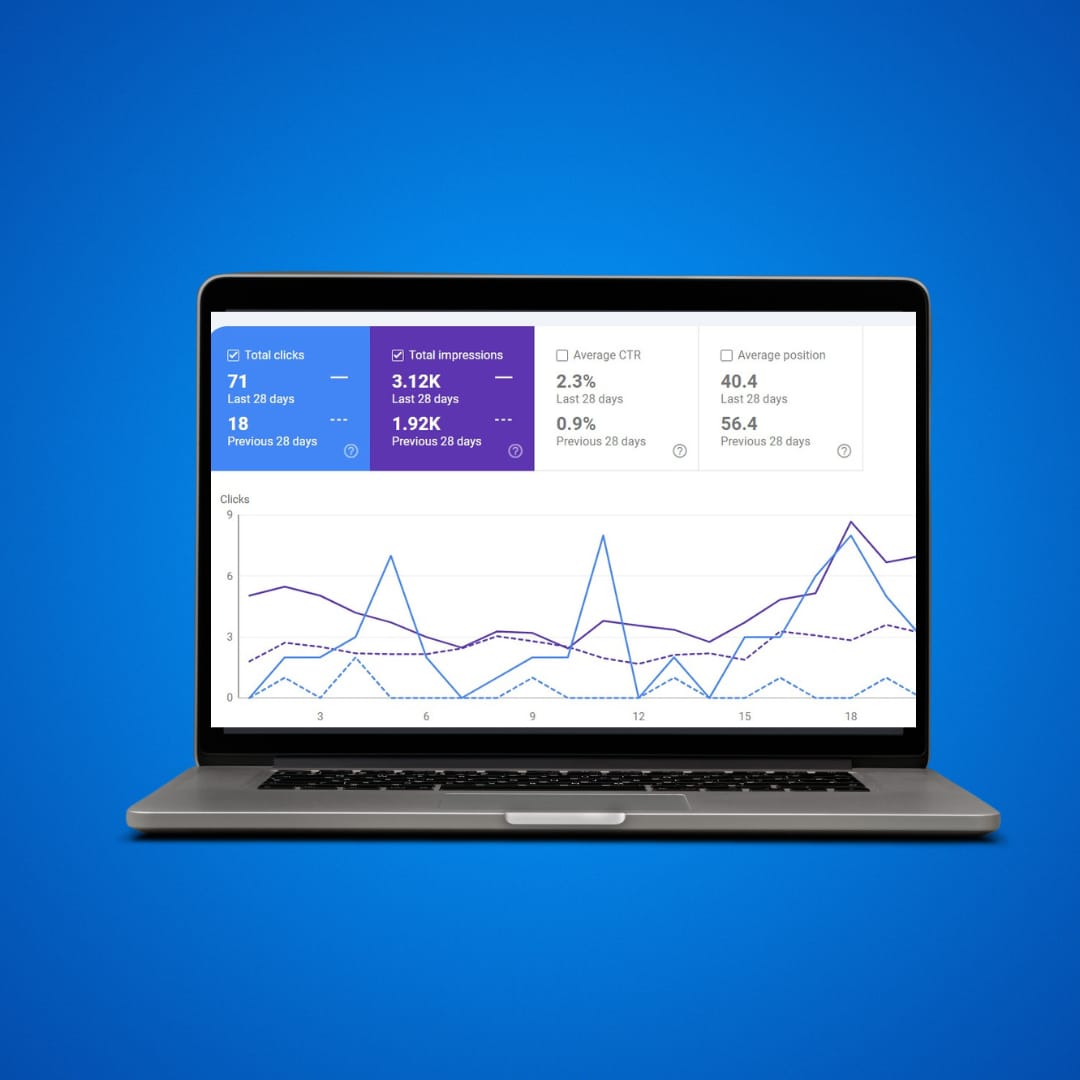
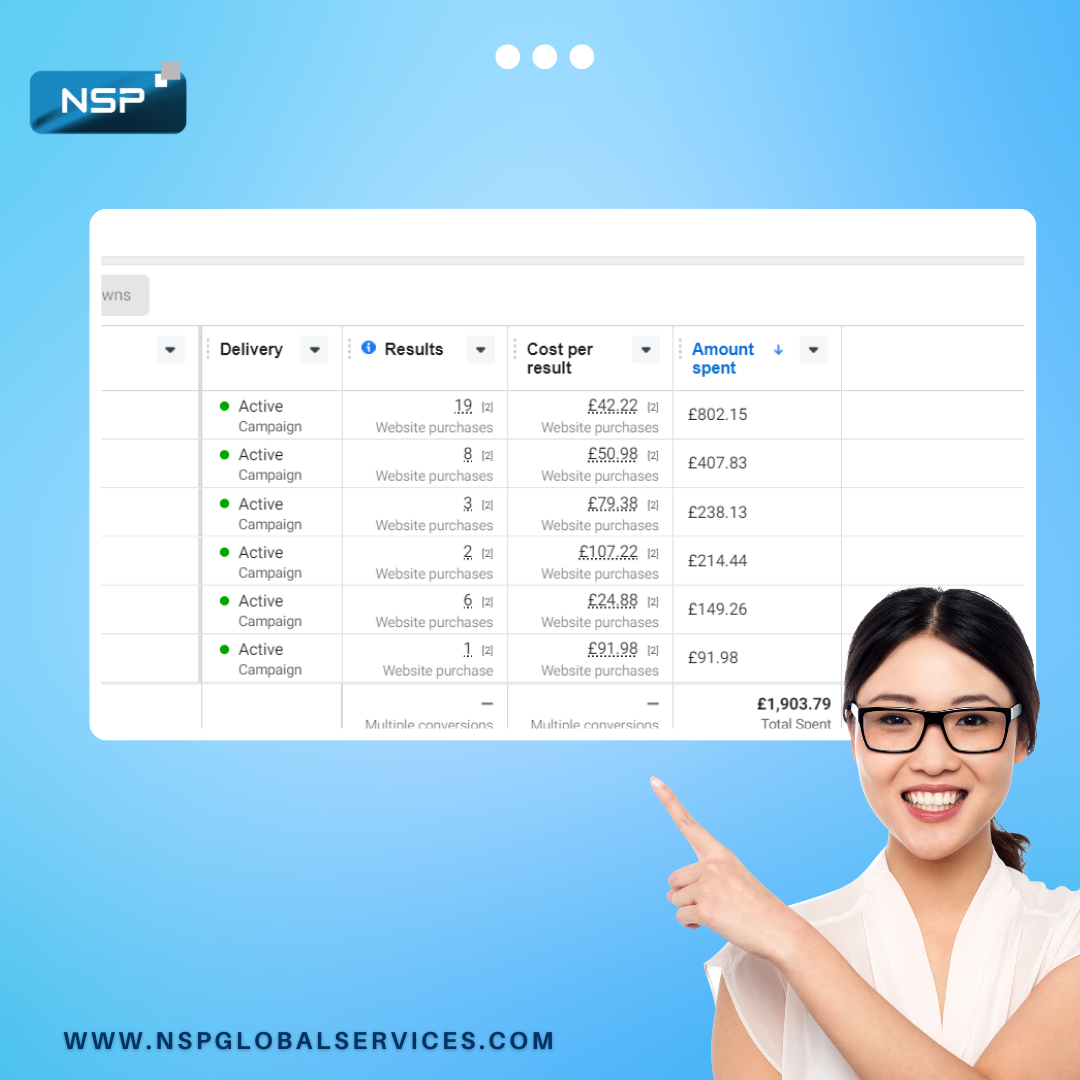







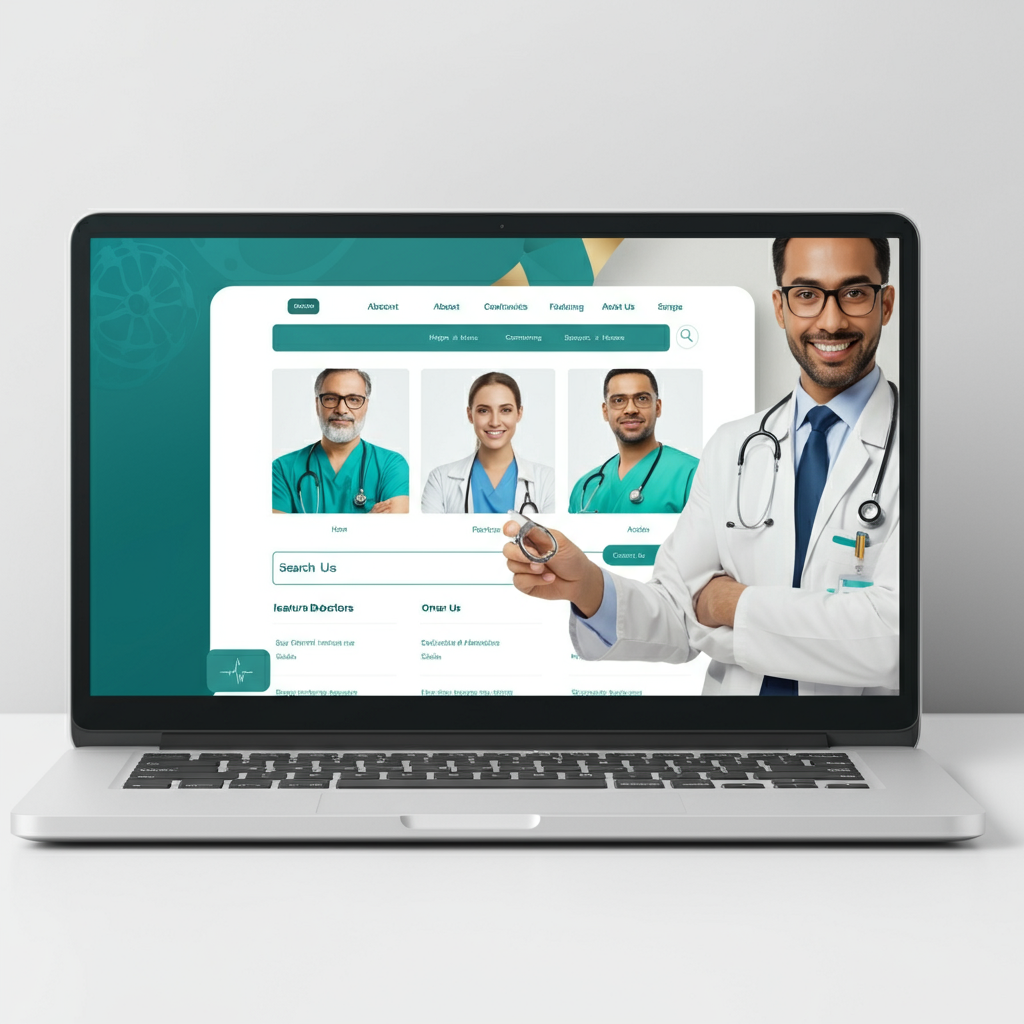




















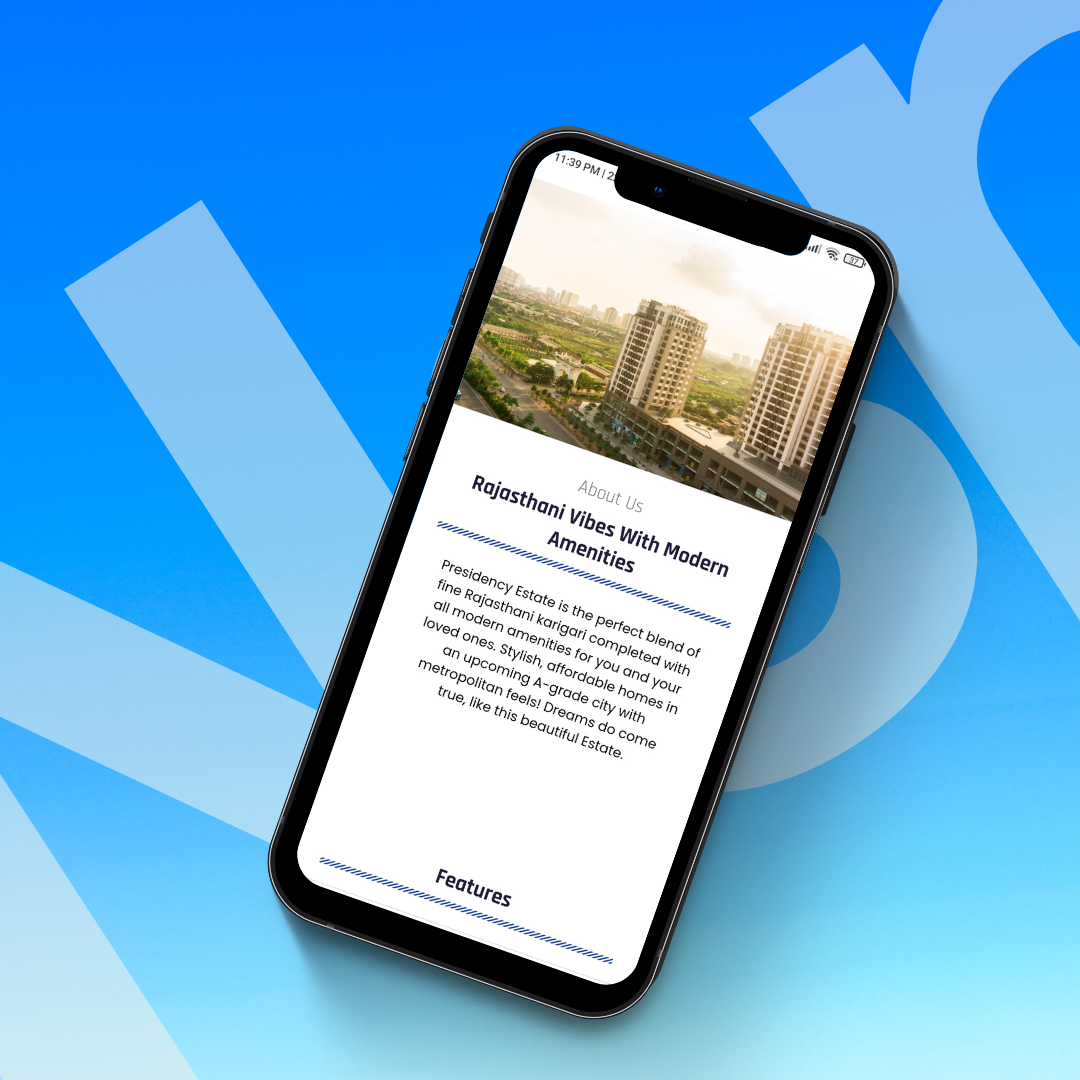


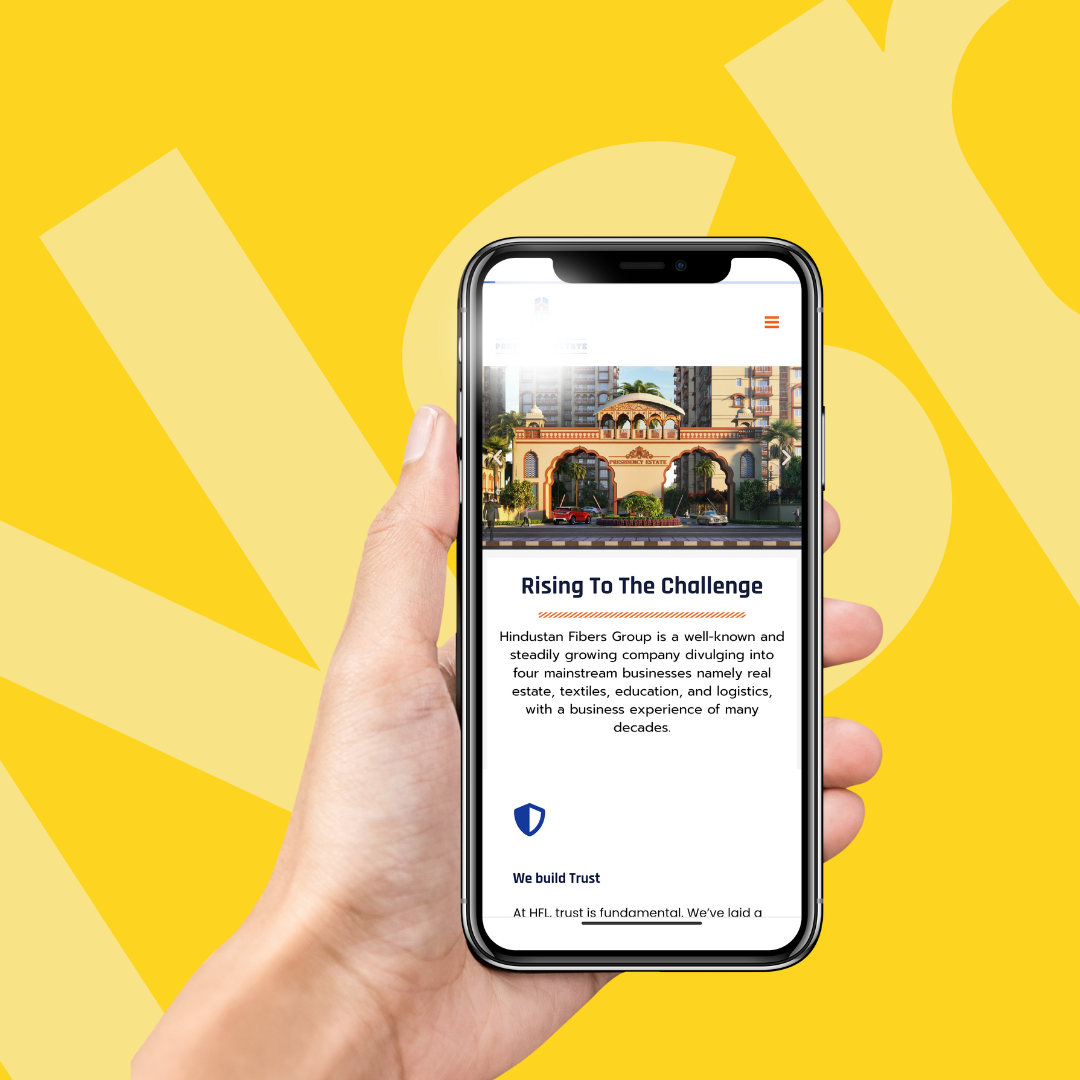
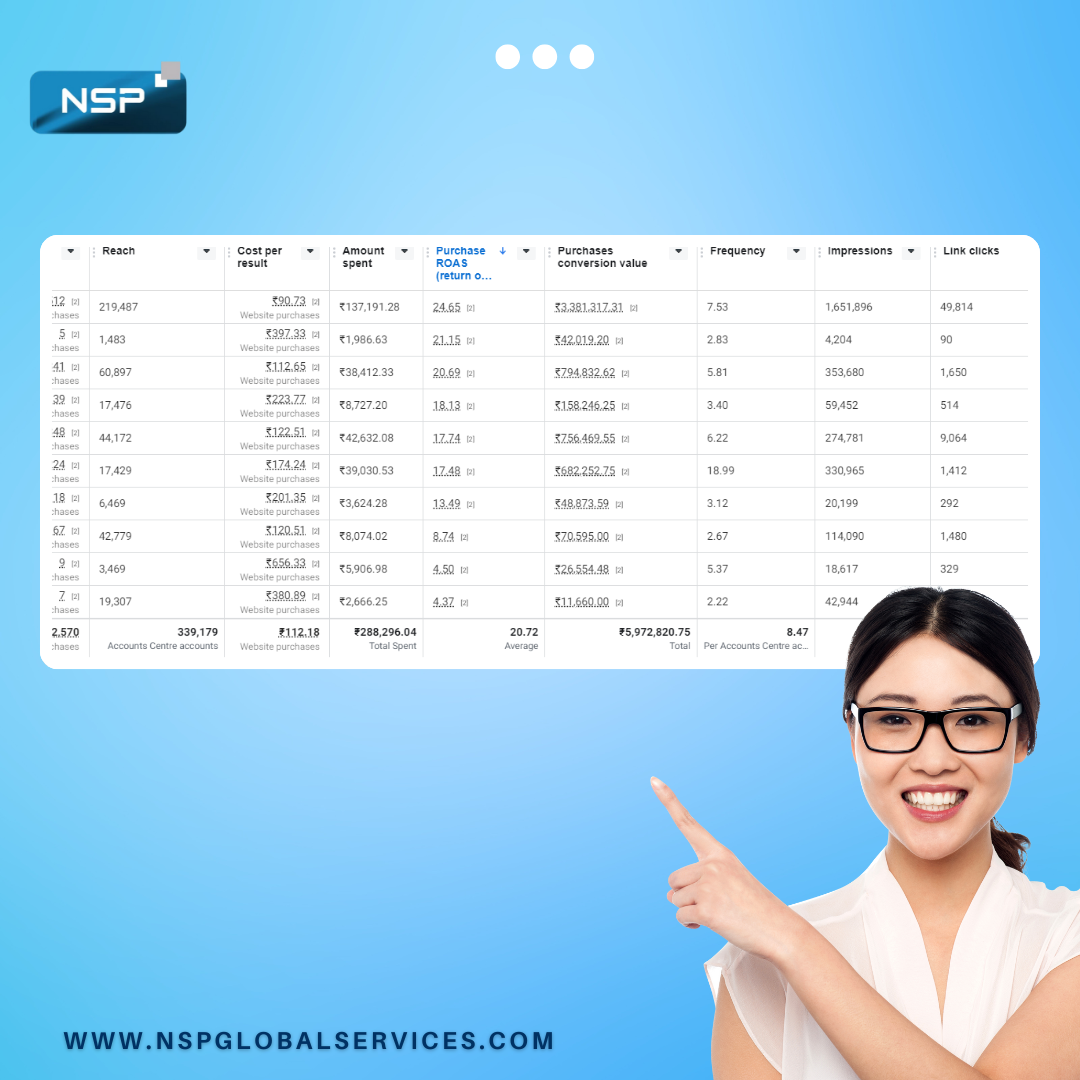
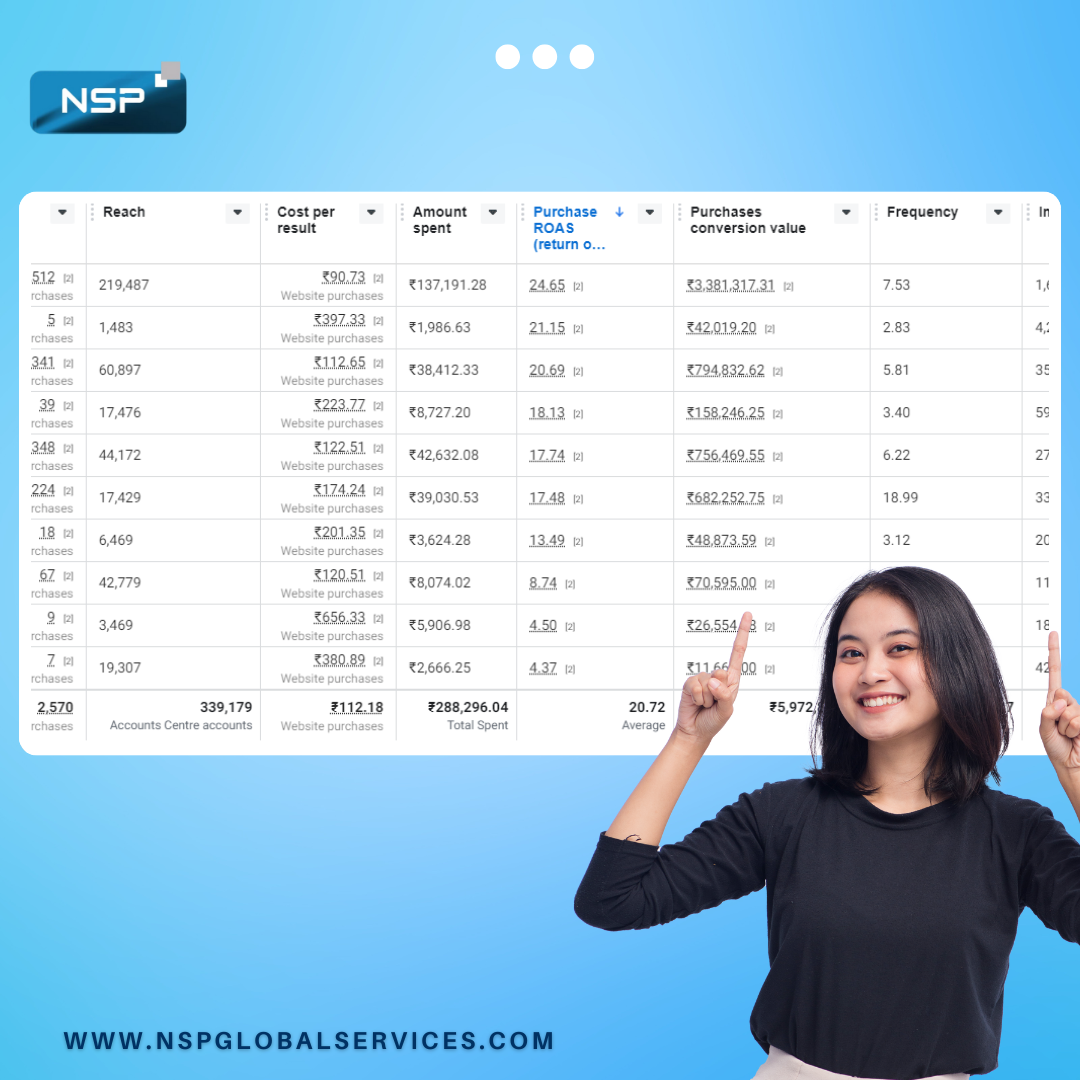
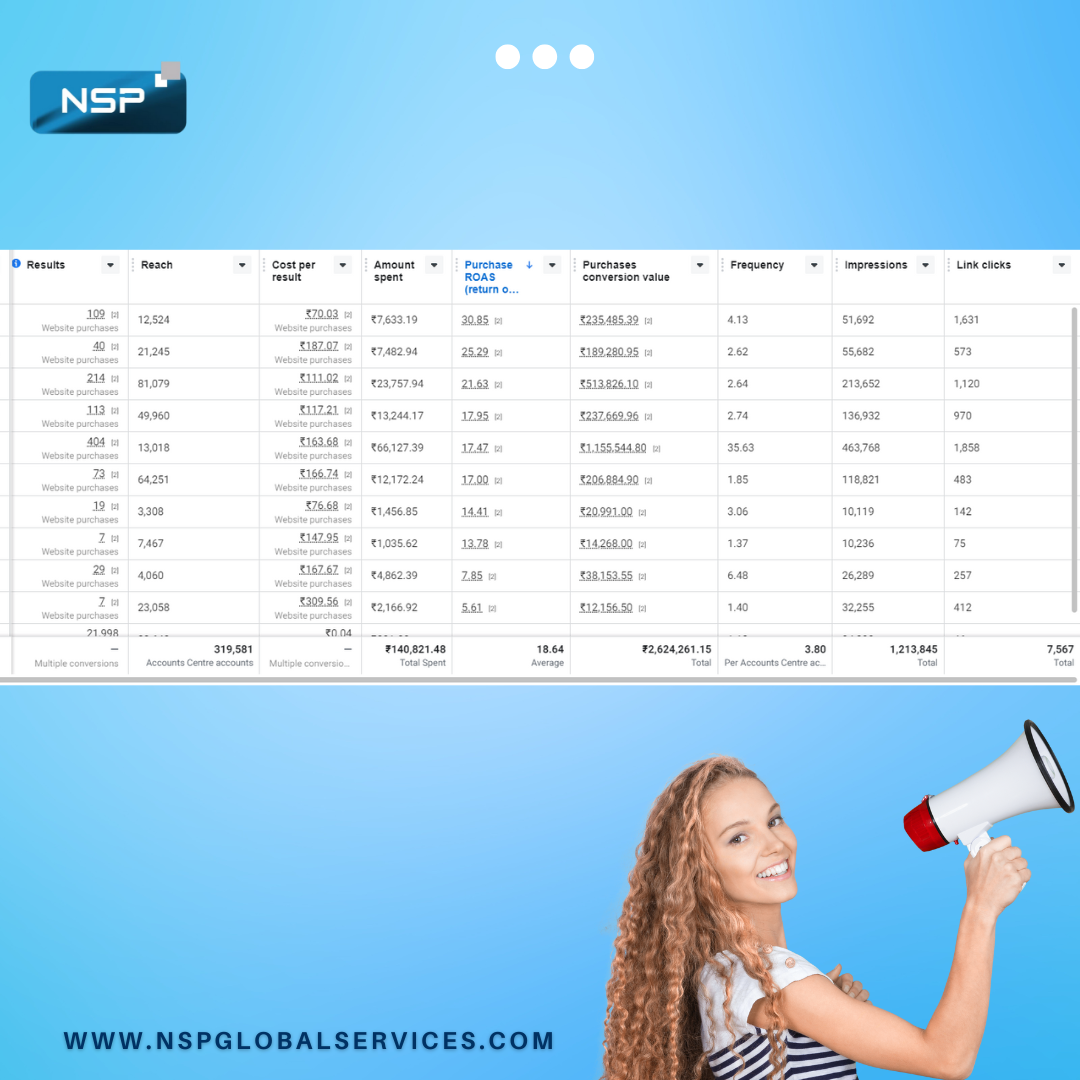
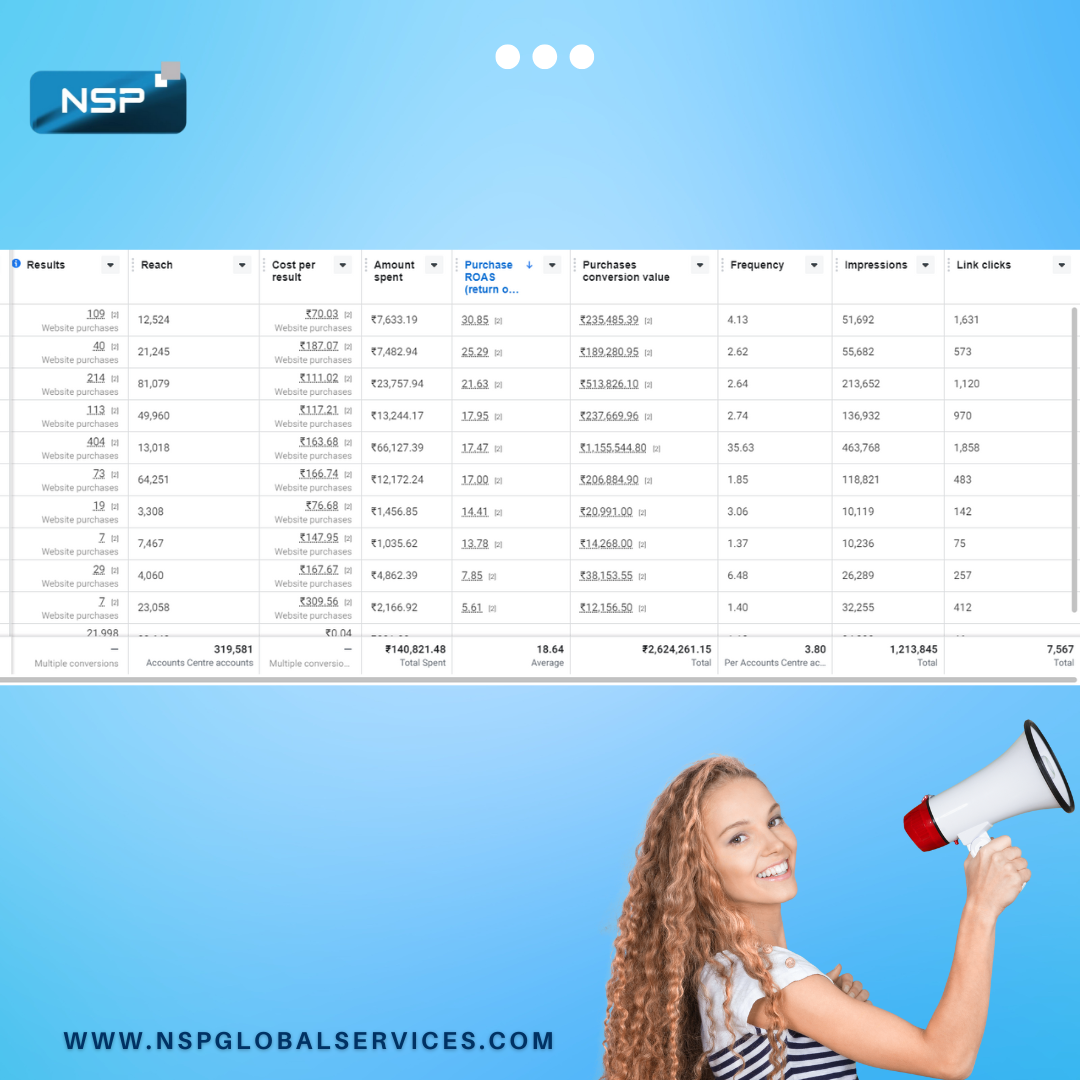


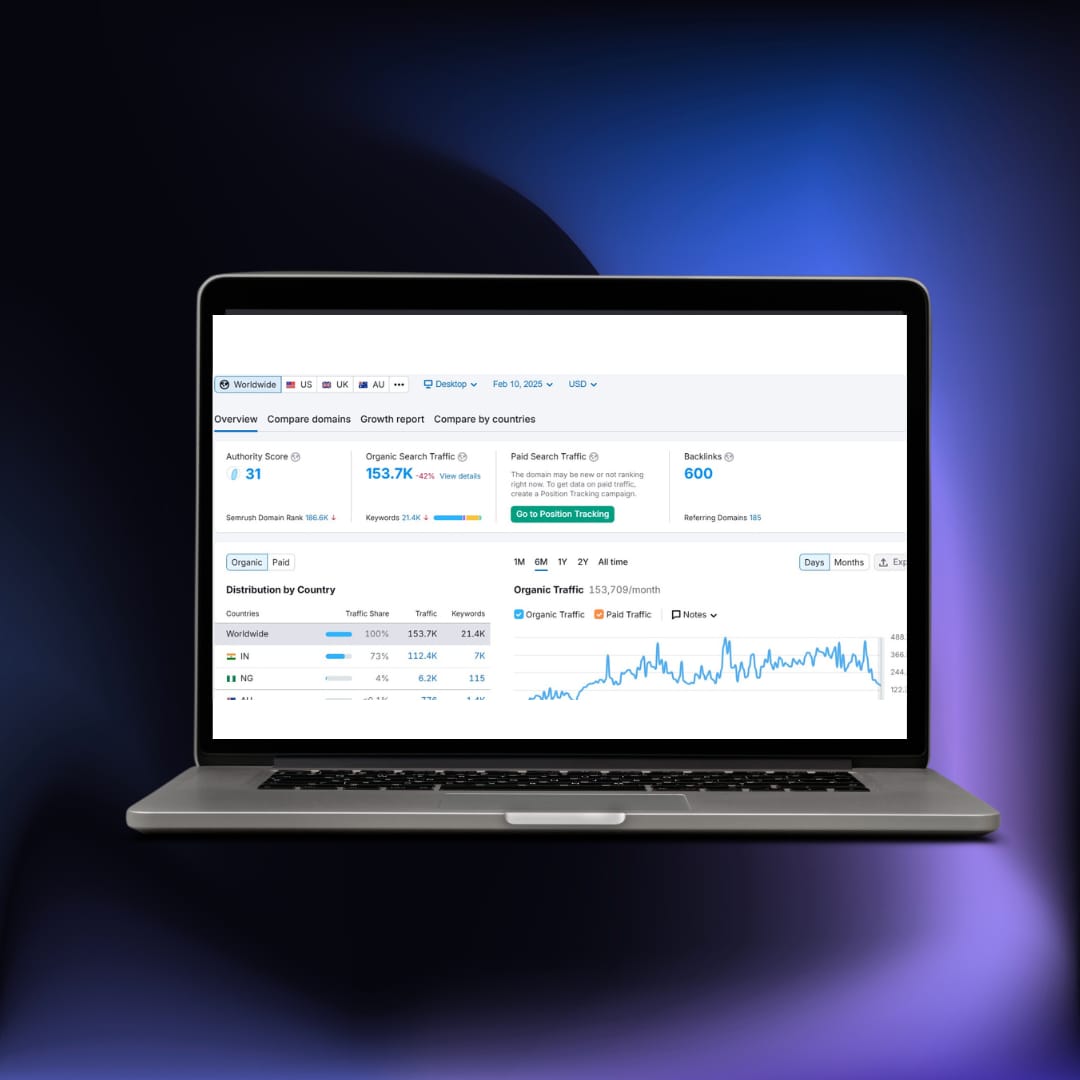




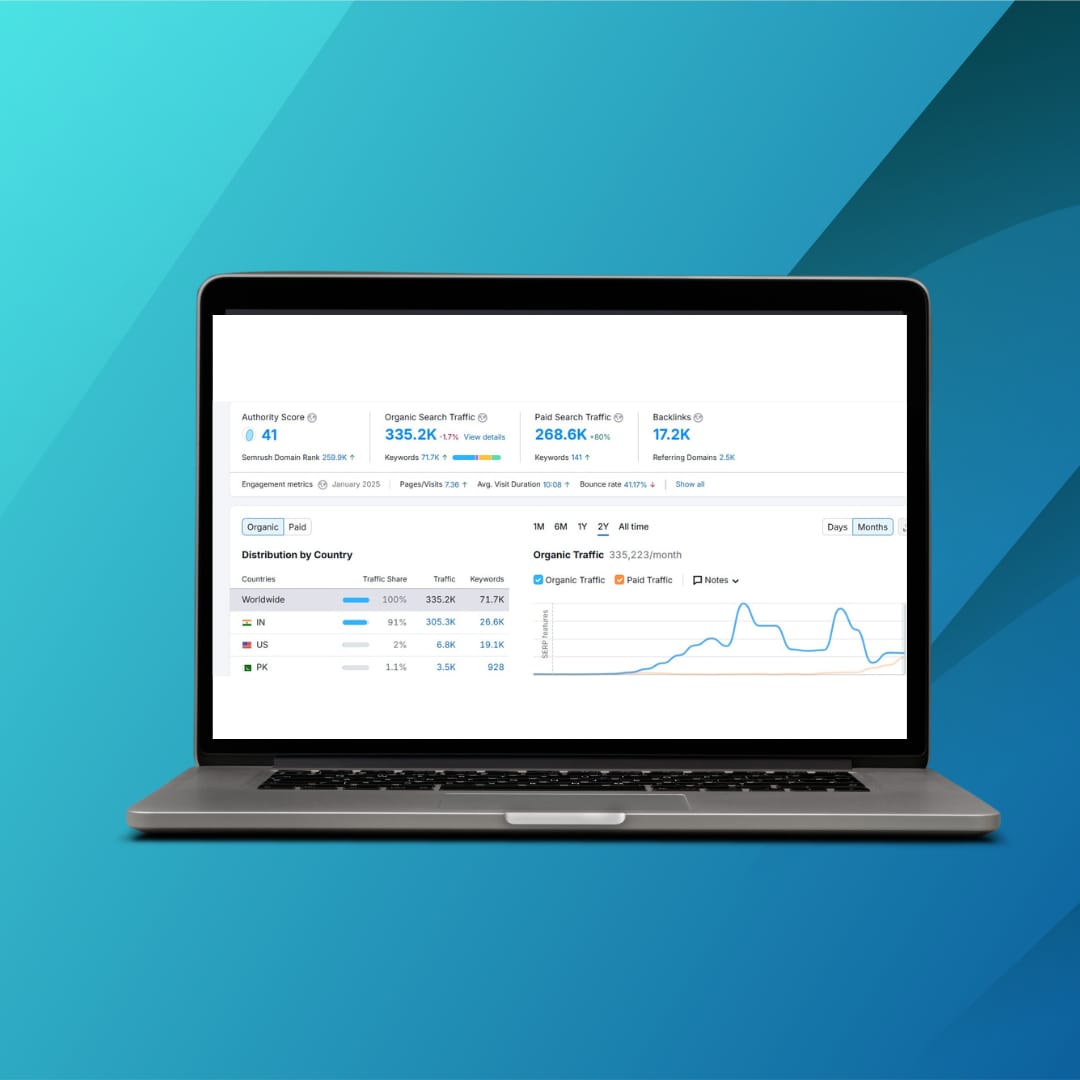

HOW IT WORK
Our Core Services
Boost your online presence and climb search rankings with our proven SEO strategies. By leveraging ethical, white-hat techniques, we increase organic traffic, improve conversion rates, and ensure long-term visibility across search engines like Google.
Search Engine Optimization
Our SEO services help improve your website's visibility in search engines like Google. We use on-page and off-page optimization best practices to boost your rankings, organic traffic, and conversions. As a premier SEO agency, we focus on long-term results through ethical white hat SEO techniques.
Read MorePay-Per-Click (PPC)
Our PPC management services help you connect with your audience by placing ads on Google, Bing, Facebook, Instagram and other paid channels. As a top PPC ad agency, we create optimized PPC campaigns aimed at lowering your cost per click and delivering the best return on ad spend.
Read MoreWeb Design & Development
Our talented web designers and developers create custom websites aligned with your brand image. We build sites that are fast, mobile-friendly, user-friendly, and optimized for higher conversions. As one of the best web design agencies near you, we build websites that users and search engines will love.
Read MoreApp design & Development
We provide continuous support and maintenance to keep your digital assets at their best. Our comprehensive app development services ensure your mobile presence drives engagement and conversions.
Read MoreWhy Choose
Expertise for your digital growth journey
Our dedicated team is committed to understanding your unique needs, ensuring that we provide innovative strategies that drive results. With a focus on quality and integrity.
Data-Driven Approach
We leverage data and insights to make informed decisions that lead to more effective and efficient solutions.
Competitive Pricing
We offer our top-quality services at competitive prices, providing you with great value for your investment.
Transparent Communication
We maintain the highest level of professionalism and ethical standards in all our business dealings.

JOIN AGENCY
Join our agency of creative innovators
Join our creative community to collaborate, innovate, and thrive together. We welcome passionate individuals eager to make an impact.
Get an SEO Advantage at Every Stage
Being successful with SEO is about making smart decisions. Our unique tools give you accurate insights for every stage of optimization.
Advanced Analytics
Get detailed insights into your website's performance with comprehensive analytics and reporting tools.
Keyword Research
Discover high-performing keywords with our advanced research tools and competitive analysis.
Technical SEO Audit
Identify and fix technical issues that may be holding your website back from ranking higher.
Rank Tracking
Monitor your search engine rankings across multiple keywords and geographic locations.
Backlink Analysis
Analyze your backlink profile and discover new link-building opportunities.
Page Speed Optimization
Improve your website's loading speed and user experience with our optimization techniques.
Why Choose NSP Global Services?
Data-Driven Approach
We leverage data and insights to make informed decisions that lead to more effective and efficient solutions.
Competitive Pricing
We offer top-quality services at competitive prices, providing you with great value for your investment.
Transparent Communication
We maintain the highest level of professionalism and ethical standards in all our business dealings.
What Our Clients Say
Trusted by businesses worldwide, we deliver impactful strategies that foster growth and lasting relationships.
Vithurs
CEO, BlessedCBD
"NSP Global Services is a solid company. With so many SEO agencies available on the market today, it can be tricky finding 'the one'. After working with their team and discussing their various strategies, it's clear to me they have a solid approach. For anyone still in doubt, they offer comprehensive consultation!"
Piotr S.
Web Developer
"Better than expected. I used many platforms offering similar services, and I have paid premium prices for it. But in most cases, the features provided were mostly irrelevant to my needs. With NSP Global Services, all is very simple and effective. I wouldn't hesitate to recommend them."
Sofia J.
E-commerce Manager
"Easy to work with and awesome capabilities. I love that NSP also provides comprehensive keyword research. This helps me compensate for my other tools. Their rank tracking is awesome and frequently updated, making it easy for me to track my progress."
Magnus S.
Digital Marketer
"Excellent service for SEO and digital marketing! My overall impression of NSP Global Services is quite obvious - they're really good. Worth mentioning too is their great support. Despite different time zones, they respond quickly in customer support. Excellent service!"
Michael M.
CEO
"Amazing SEO results. NSP Global Services provides me with a very detailed overview of how my websites perform in search results. Their interface is great and very easy to use. The keyword research, analytics, and reporting tools are really amazing and full of details."
Kim C.
Business Owner
"Does more than expected. Lots of features, easy to work with and great at finding opportunities. They work hard and are committed to their clients. Not only do they handle SEO, but they can also be used for comprehensive digital marketing strategies."